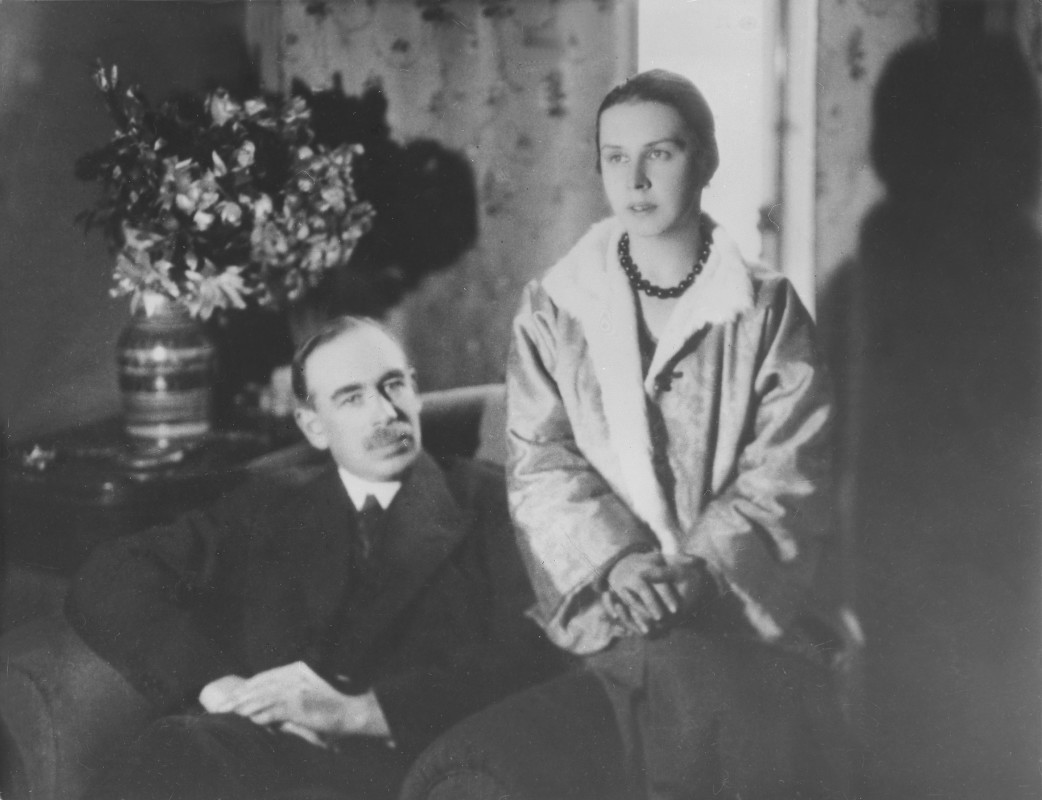An in-depth look at John Maynard Keynes' life and economic theories—and how he influenced FDR and Ben Bernanke
Keynes challenged the fundamental theories of classical economics and influenced European and American economic policies throughout World War I, the Great Depression, and World War II.

On a regular basis often is known as the “Father of Macroeconomics,” John Maynard Keynes (1883–1946) became a Twentieth-century British economist, author, and educator.
Keynes became born on June 5, 1883, in Cambridge, England. His father, John Neville Keynes, became an economist who taught at the University of Cambridge, and his mother, Florence Ada Keynes, became one Cambridge’s first female graduates.
Originally trained as a mathematician, Keynes challenged updated beliefs about economics, specially its reliance on free markets and the adage “supply creates demand.”
In place of supply leading demand, Keynes believed the opposite became true: The extent of activity in an economy became dictated by aggregate demand, or the sum of demand for goods and products and services by households, businesses, and the government.. Keynes also introduced theories on how fiscal and financial policies may perchance get to the bottom of recessions.
While Keynes described himself as a “liberal socialist,” most scholars have self belief him a capitalist, since he did now now not show solidarity with workers and believed that revolution became “obsolete,” mentioning “the Class war will find me on the side of the educated bourgeoisie.” By declaring the flaws of capitalism, he became, in effect, attempting to make the system better.
What's Your Reaction?




















































